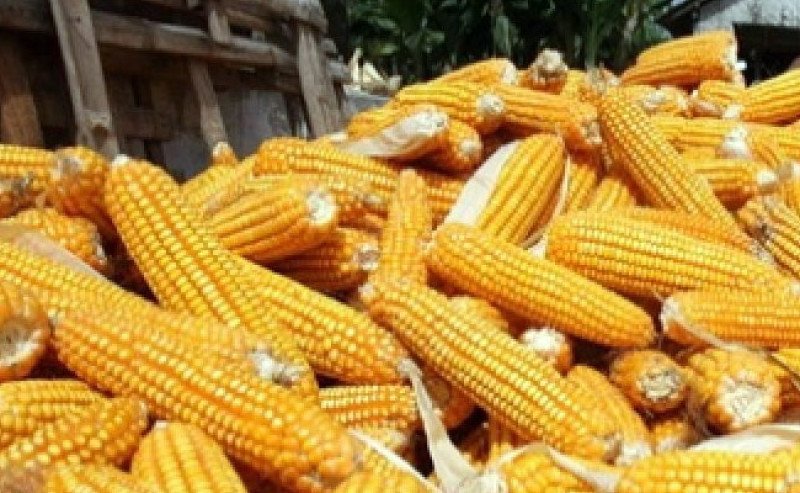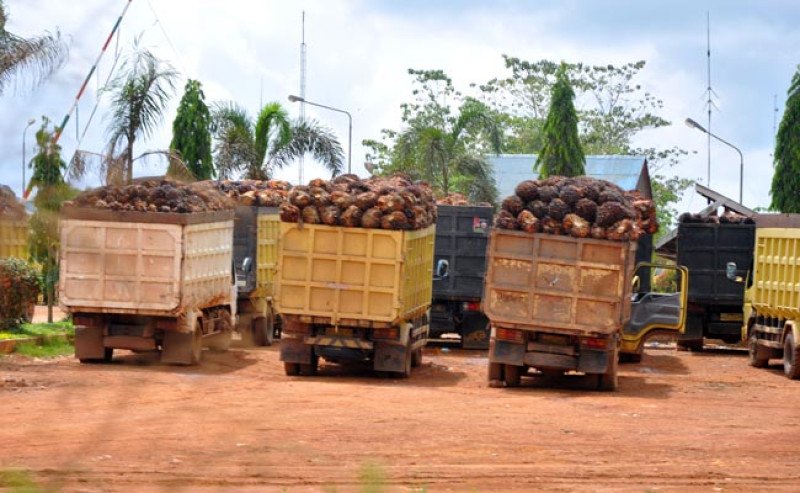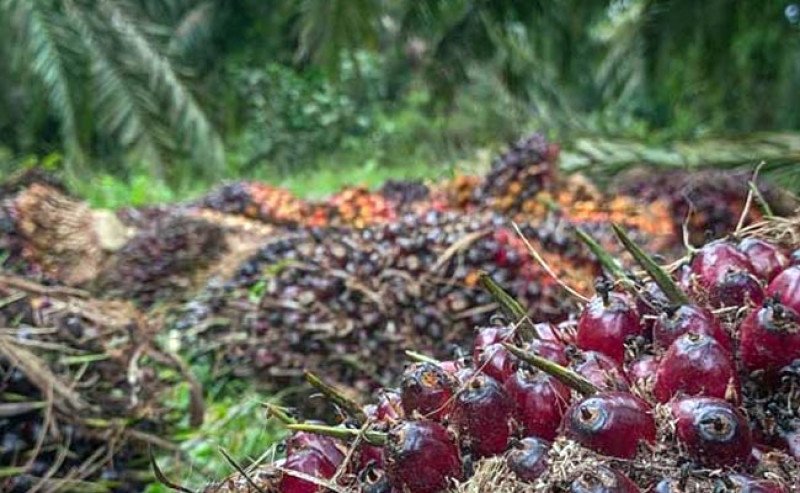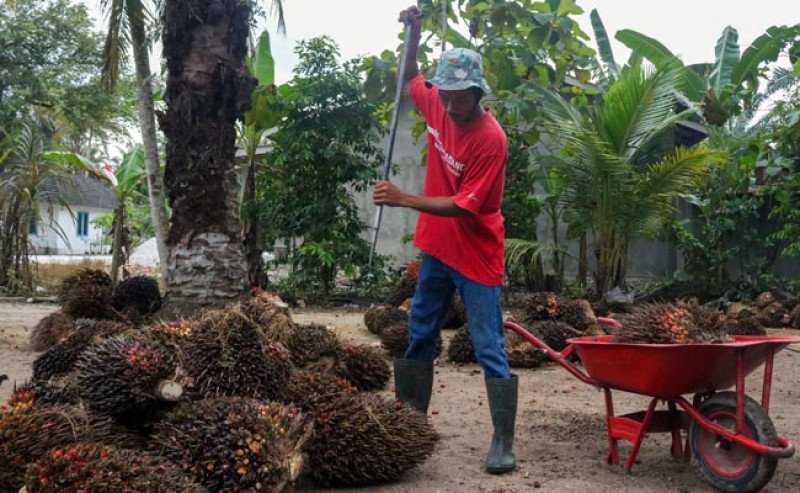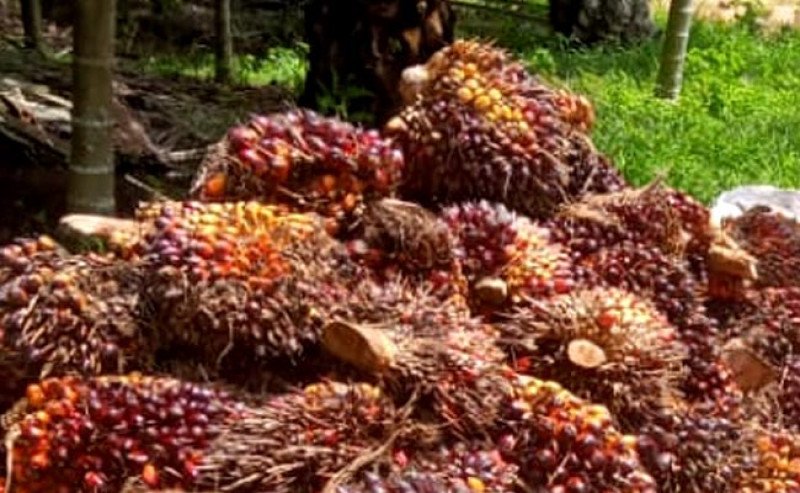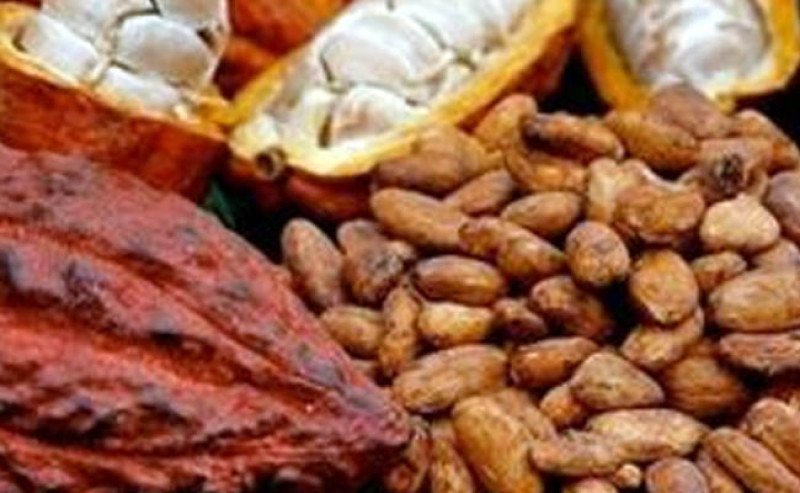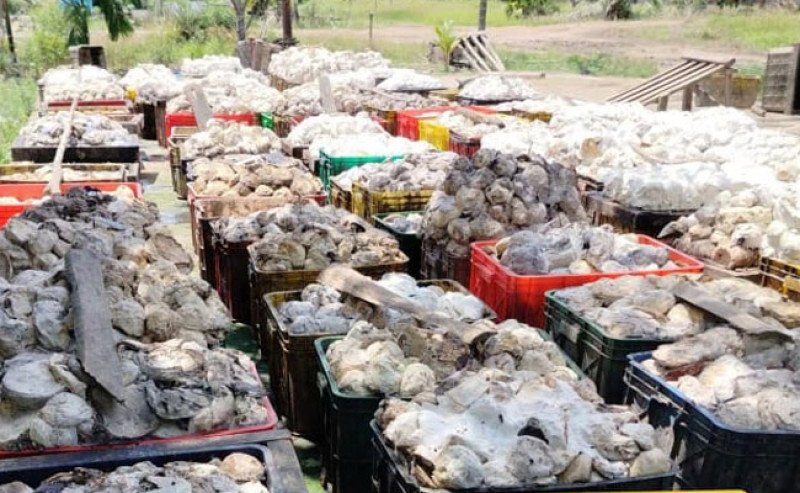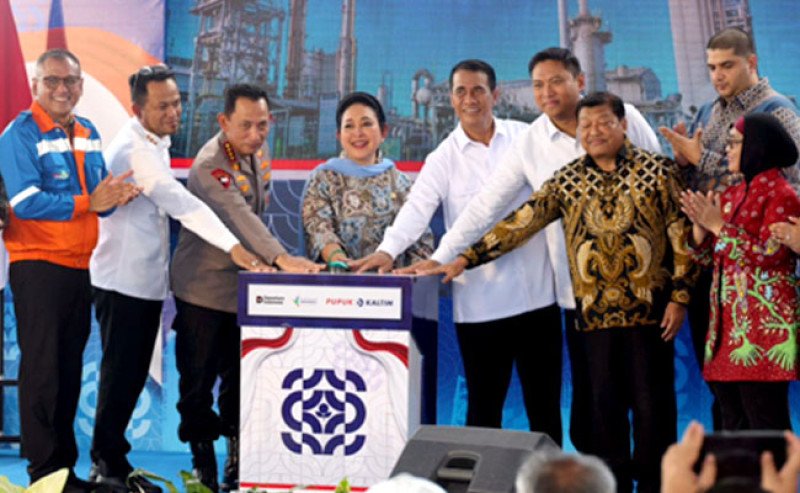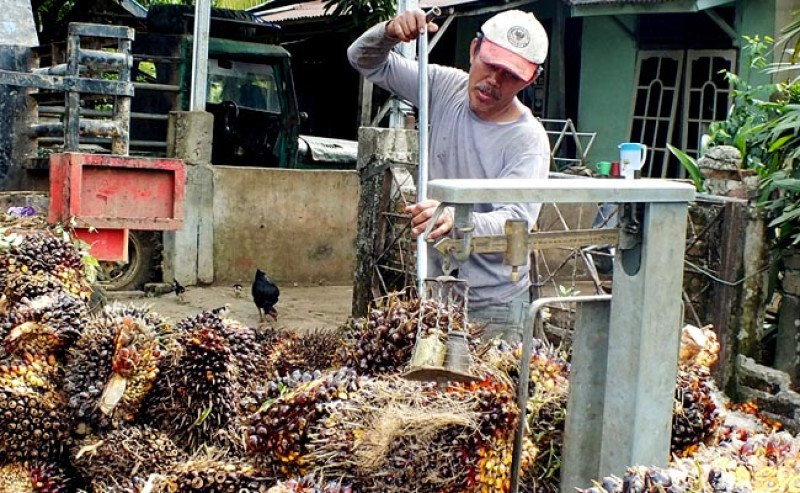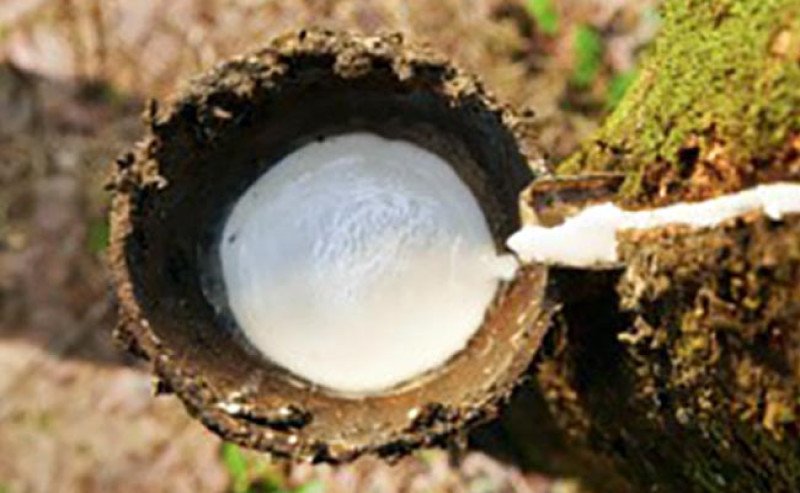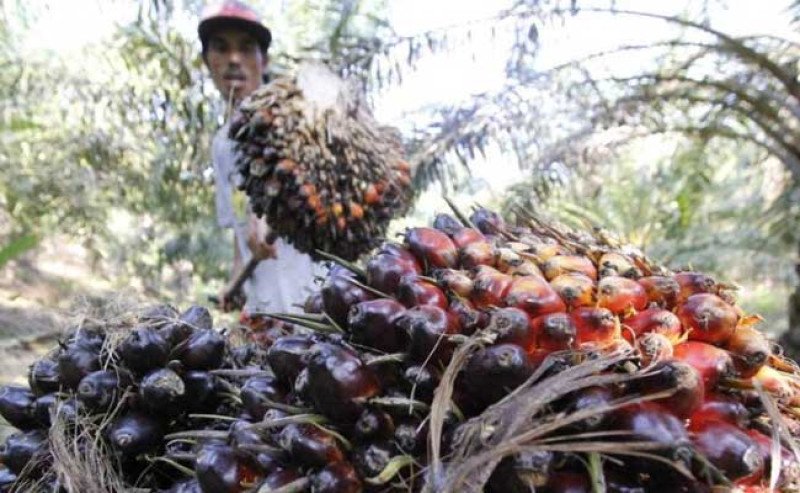Agricom.id, JAKARTA – In the coffee supply chain, there is one intermediary, that is, the collector which is not discussed too much.
The latest study held by Yayasan Inisiatif Dagang Hijau dan Enveritas revealed that 90% of the coffee production in Indonesia was bought by the coffee collectors which could be reaching for about 4.000 men. Their approach with the coffee farmers and access to the markets could be maximized as the essential support in the sustainable supply chain.
Coffee is one promising commodity in Indonesia knowing that it is potentially to develop both in the domestic and in international. 99% of coffee production in Indonesia was produced by the farmers within Robusta and Arabica. But the productivity is less than it produced by Vietnam. This needs to increase.
The other challenge that the coffee collectors who are also as the coffee farmers is the price which gets cheaper because of Covid-19 pandemic globally and it influences the transportation, export activity. Arabica coffee from Indonesia gets cheaper because of cancellation. The reason is many coffee stores are close or the operational of the stores is limited.
“We do realize that the collectors play important roles and functions in the supply chain in Indonesia, and other coffee producer countries, such as, Vietnam, Columbia, and Uganda. In Indonesia, the collectors involve not only in the trade with the farmers but also in financial access and other. If the collaboration is effective and adaptive between the collectors, farmers, and others in the supply chain, namely in the pandemic, it is hoped to stabilize the coffee trade in Indonesia and encourage the sustainable coffee business trade. “That is why Sustainable Coffee Platform of Indonesia (SCOPI) is interested in studying and implementing the result study about the coffee collectors to increase the supply chain,” Executive Director of SCOPI, Paramita Mentari Kesuma, said in the virtual coffee discussion within the theme “Peran Pengumpul dalam Prospek Bisnis Kopi Berkelanjutan”, as in the official statement to Agricom.id.
The study done in four coffee producer countries, such as, – Indonesia, Vietnam, Uganda, and Colombia – from 2018 to 2020 has the similarity about the coffee collectors in the four countries. Specifically in Indonesia, the study revealed that there are three kinds of collectors they are, in the village level, district/city level, and agent. The three do the same services to the farmers, such as, giving loans, providing the qualified seeds and fertilizers, and doing trainings.
The operational leader of Enveritas in Asia, Senthil Nathan emphasized that the collectors indirectly develop the farmers’ economy because they have one to another – relationship. “Our study recommended some ideas to reform the coffee business, such as, creating more modern market access by using technology, giving the loan access, doing business and financial training for the collectors, creasing more effective transportation system, giving notes to know the farmers’ quality, and expanding the services to the other collectors as buyers,” he said.
Manager of Sustainability Management Services (SMS) PT. Indo Cafco, Wagianto told the same. “I understand that the collectors are potential to help the farmers as their partners but the collectors could not maximally help the farmers because of the lack of capital and financial access,” he said.
He thought that the collectors could replicate the sustainable roles that the companies do to the farmers. But they need development from the company and helps from the government or other financial institutions to support it. “The companies are developing the partnership with the collectors in relationship with other business that could support their main job as the coffee collectors, and facilitate the collectors and the farmers to get the financial access,” he said.
Robusta coffee collector in Sub district of Semendo, Darat Ulu, District of Muara Enim, South Sumatra, Hadi Kusuma said so. “Many farmers proposed to get loan from us to fulfill their daily needs. Of course, we would like to help them and develop our business. But it is difficult for us to get capital though we proposed the loan from the banks or union. To get the capital, I have to get other sources of money, such as, farming, as the village officers, and selling vegetables,” he said.
Before Covid-19 pandemic, there were lots of challenges both in the upstream and in the downstream of coffee supply chain. It needs to re-manage. After the pandemic happens, the challenges get more and more.
“It needs one determination to change ‘business as usual’ so that the coffee could be the mainstay commodity from Indonesia and give the advantages to the farmers and the environment. The study showed the real potential to improve the supply chain in Indonesia. We do hope that every related stakeholders could see the strategic role of the coffee actors in the field, including the collectors to guarantee the sustainable supply chain and give advantages for every side,” Fitrian Ardiansyah as Chairman of Yayasan Inisiatif Dagang Hijau (YIDH) said. (A2)

